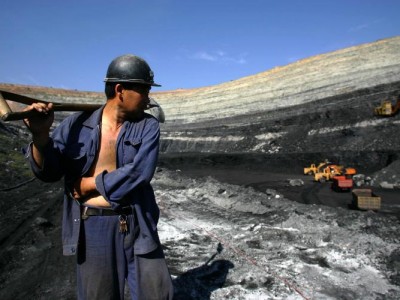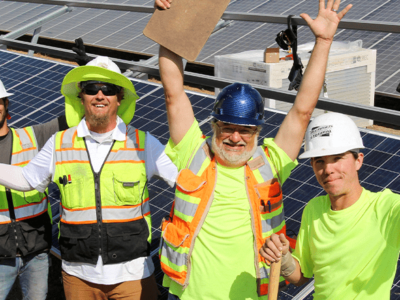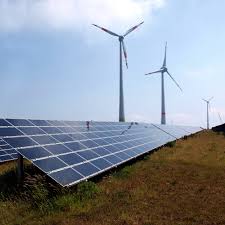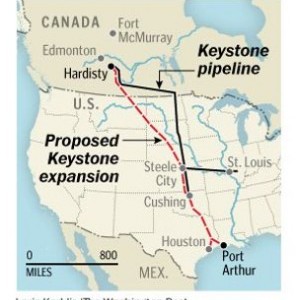energy economics
What’s Been Killing U.S. Coal?
No, it’s not Biden. Or EPA. The culprits are supply and demand.
From 1960 to 2005, coal use grew more or less steadily by 18 million tons per year. It then tread water for a few years and began a steep decline in 2008, going from half of U.S. electricity to about one-fifth today. What happened in the middle of the Bush Administration to halt growth? And …
Continue reading “What’s Been Killing U.S. Coal?”
CONTINUE READINGThe Philanthropy Gap
Spending relating to climate change is far too low given the urgency of the situation.
Larry Kramer, who heads the Hewlett Foundation, pointed out in a speech five years ago that climate change accounted for less than 2% of foundation spending. He called upon “anyone who cares about our children’s and grandchildren’s futures to step forward.” The situation has gotten only a bit better since 2017. In 2020, according to a McKinsey …
Continue reading “The Philanthropy Gap”
CONTINUE READINGThe Energy Transition and the Working Class
Is Biden right? Can we attack climate change while uplifting the lives of workers?
In most of the world, May 1 is International Worker’s Day. It celebrates the collective struggle of workers for better wages and working conditions. That made me start thinking about the efforts that have been made to unite climate action with the interests of workers. That has been a particular emphasis of the Biden Administration …
Continue reading “The Energy Transition and the Working Class”
CONTINUE READINGWill Renewable Energy Keep Getting Cheaper?
Technological and economic forces will continue to cut prices, regardless of Trump.
The Trump Administration is trying to save coal and stop the growth of renewables. Just this week Scott Pruitt issued a proposed repeal of Obama’s Clean Power Plan. Whether or not the repeal succeeds, Pruitt & Co. are fighting against the economic tide. If the price of renewables continues to fall, it will be harder …
Continue reading “Will Renewable Energy Keep Getting Cheaper?”
CONTINUE READINGHow “Leakage” Will Undermine Trump’s War Against Renewables
Trying to stop renewables is like playing whack-a-mole.
When you try to reduce use of fossil fuels in one place, you can actually increase emissions elsewhere, because some of the same fuels may just move to another country. In a sense, the carbon that used to be emitted in your country has “leaked” outside your borders. This is a well-known headache for climate …
Continue reading “How “Leakage” Will Undermine Trump’s War Against Renewables”
CONTINUE READINGObsolete Arguments Against Climate Action
Conservatives keep repeating the same arguments, even though the world has changed.
There used to be some fairly plausible arguments against fighting climate change. I don’t mean crackpot theories about hoaxes or the “I’m not a scientist” hokum. Instead, the arguments I have in mind could be made with a straight face by serious people. I don’t think these arguments were ever truly persuasive, but they weren’t …
Continue reading “Obsolete Arguments Against Climate Action”
CONTINUE READINGDoes Keystone Matter?
A recent analysis suggests that the pipeline could result in production of a billion extra barrels between now and 2030.
Many people who have studied the issue tell me that the Keystone XL issue is mostly symbolic, because the Alberta oil sands are going to be used one way or another. But I’m having some second thoughts because of arguments made (here) by Berkeley economist Max Aufhammer. He’s a pretty hard-headed analyst, not given to …
Continue reading “Does Keystone Matter?”
CONTINUE READINGCasting a Shadow on the Future of Shale Gas
Current projections for shale oil and gas are huge. But are they realistic? An article in the February 21 issue of Nature suggests that these projections may be too optimistic: Wells decline rapidly within a few years. Those in the top five US plays typically produced 80–95% less gas after three years. In my view, the …
Continue reading “Casting a Shadow on the Future of Shale Gas”
CONTINUE READING









